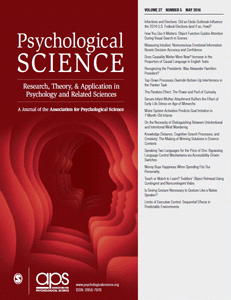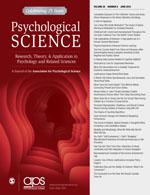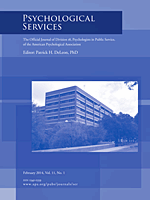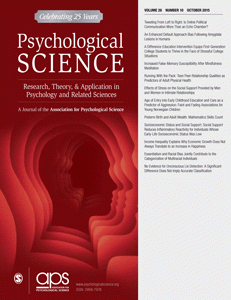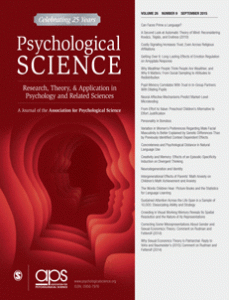 As we’re fond of repeating, sunlight is the best disinfectant. Which doesn’t jibe with the findings in an eye-catching 2018 paper that found people were less fearful of catching a contagious illness if they were in a dark room or were wearing sunglasses.
As we’re fond of repeating, sunlight is the best disinfectant. Which doesn’t jibe with the findings in an eye-catching 2018 paper that found people were less fearful of catching a contagious illness if they were in a dark room or were wearing sunglasses.
Fortunately for us, although not for the researchers, we no longer have to live with the cognitive dissonance. The paper, the journal tells us, will be retracted for flaws in the data — which, thanks to the open sharing of data, quickly came to light.
The study, which appeared in May in Psychological Science, reported that: Continue reading Psychology journal to retract study claiming that people fear contagion less in the dark
